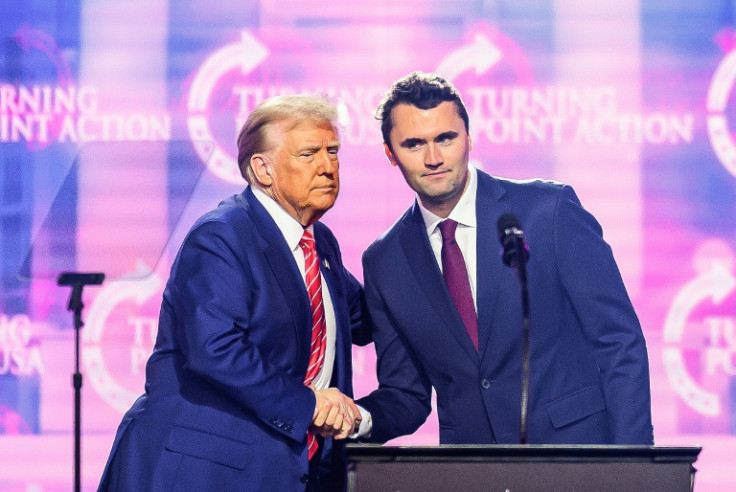U.S. Has Experienced Over 300 Politically Motivated Violent Acts Since Capitol Riots: Report
Reuters noted at least 21 people have been killed in political violence this year alone, 14 of them in an attack in New Orleans by a jihadist claiming loyalty to the Islamic State

The assassination of conservative activist Charlie Kirk has drawn renewed attention to the rise in politically motivated violence across the United States, with experts warning it could serve as a flashpoint for further unrest.
Kirk, 31, founder of the conservative youth group Turning Point USA and a close ally of President Donald Trump, was shot and killed while speaking to a crowd of about 3,000 at Utah Valley University on Wednesday. The FBI announced on Friday that it had detained 22-year old Tyler Robinson as the prime suspect in the murder.
A Reuters report published on Friday revealed that Kirk's assassination comes amid a broader surge in political violence as the news agency identified more than 300 cases of politically motivated violent acts in the United States between the January 6, 2021, attack on the Capitol and the 2024 presidential election, marking the most significant wave of such incidents since the 1970s.
Reuters noted at least 21 people have been killed in political violence this year alone, 14 of them in an attack in New Orleans by a jihadist claiming loyalty to the Islamic State early on New Year's Day.
Mike Jensen, the researcher at the University of Maryland behind the study, said the country recorded about 150 politically motivated attacks in the first half of this year, nearly double the same period last year. "I think we are in a very, very dangerous spot right now that could quite easily escalate into more widespread civil unrest if we don't get a hold of it," Jensen told Reuters. "This could absolutely serve as a kind of flashpoint that inspires more of it."
Jon Lewis, a research fellow at George Washington University's Program on Extremism, said the Kirk shooting highlights a broader pattern:
"Extreme political violence is increasingly becoming the norm in our country, and the shooting of Charlie Kirk is indicative of a far greater and more pervasive issue: acts of violence are becoming more common, even without any clear ideology or motive. There's really a concern about what the blowback to something like this will look like"
Johns Hopkins political scientist Lilliana Mason told Reuters that retaliation could be a particular danger since "people are reluctant to engage in violence first, but they're much more willing to engage in violence as retaliation.
Jensen warned that without restraint from all sides, the U.S. could be entering what he called a "vicious spiral" of political violence:
"This is an administration that, whether you agree with it or not, has made profound changes to this country in the eight months it's been in office. Some people love it, some people hate it. The people that hate it are starting to act out. People who love it are going to act out against those people that hate it, and it becomes a vicious spiral that could lead us into something really, really bad."
Originally published on Latin Times
© Latin Times. All rights reserved. Do not reproduce without permission.





















